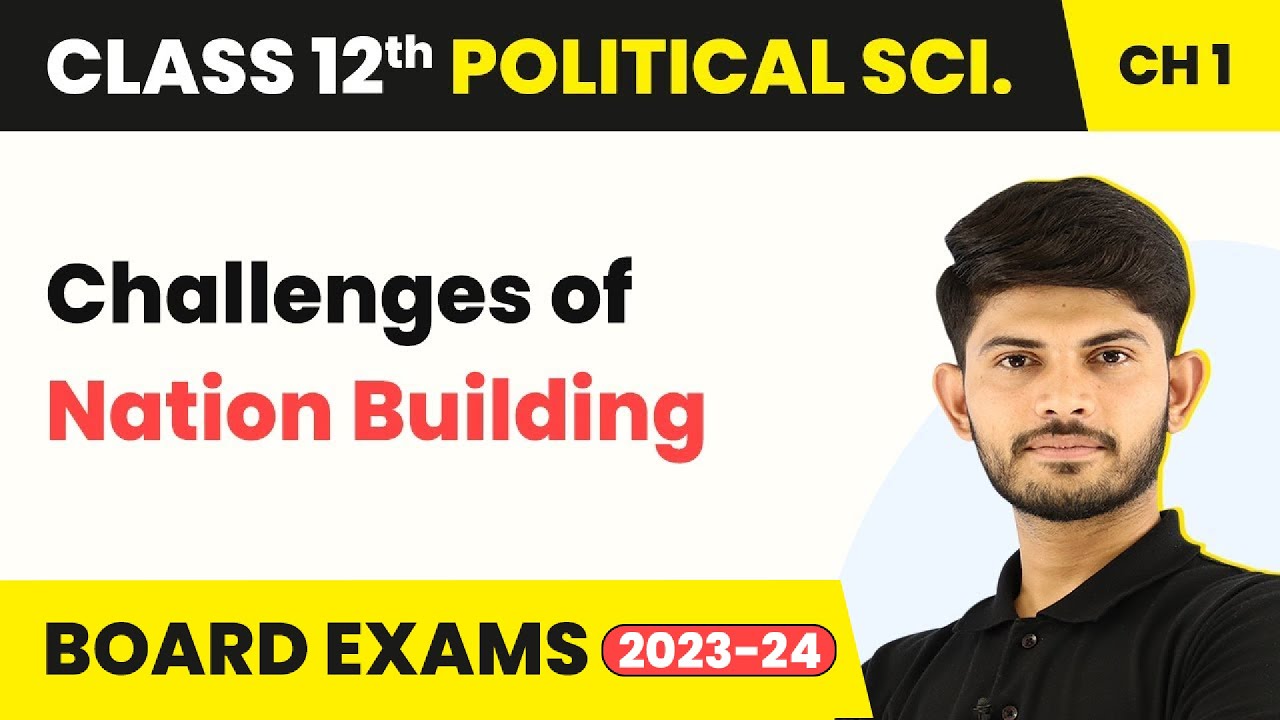What is a Constitution?
Summary
TLDRThe script emphasizes the necessity of a constitution for a fair and democratic society. It outlines basic human needs and explains how unchecked power can lead to corruption. A constitution acts as the supreme law, organizing and empowering governments while ensuring citizens' rights are respected. It also prevents those in power from arbitrarily changing rules. Constitutions are crucial for establishing a new society, as seen in Norway, India, South Africa, and Columbia, and are essential for maintaining democracy and protecting minority rights.
Takeaways
- 🗣️ A constitution is essential for providing every individual with a voice in decisions that affect their lives.
- 🏠 It ensures material well-being, including access to basic needs such as food, shelter, and education.
- 🛡️ A constitution offers security and protection from violence and discrimination, safeguarding citizens' rights.
- 🏛️ Governments are created to meet fundamental human needs, and a constitution helps to delegate and control their powers.
- ⚖️ History shows that unchecked power can lead to corruption, dictatorship, and oppression, hence the need for constitutional limits.
- 🗳️ Free, fair, and regular elections are important, but a constitution provides the foundational rules for the exercise of power.
- 📜 A constitution is a supreme law that establishes the government, organizes it, and sets the framework for law creation and implementation.
- 🔄 It is more challenging to amend a constitution than ordinary laws, preventing those in power from abusing their authority by changing rules arbitrarily.
- 🤝 The constitution divides power among different political institutions to prevent the concentration and prolonged retention of power.
- 👥 It ensures the rotation of power, allowing citizens to choose new representatives periodically, thus avoiding the entrenchment of any single party or individual.
- 🏢 Constitutions maintain a separation between political institutions and permanent, neutral state institutions like courts, military, police, and civil service.
- 📝 They define the rights and responsibilities of the government, including the protection of constitutional rights and the provision of basic human needs.
- 🌐 Constitutions often have a nation-building role, reflecting the identity and aspirations of the nation and its people.
- 🛤️ A good constitution is fundamental to establishing a peaceful, prosperous, and democratic society by setting the rules for state governance.
Q & A
Why do we need a constitution according to the script?
-We need a constitution to control how power is used by governments, ensuring that elected officials respect citizens' rights and promote their interests rather than using power for their own benefit.
What are the fundamental needs of human beings that a constitution aims to address?
-A constitution aims to address the fundamental needs of having a voice in decisions, material well-being, security and protection from harm, and recognition and respect as individuals and communities.
How does a constitution help prevent corruption and dictatorship?
-A constitution helps prevent corruption and dictatorship by establishing limits on power, making it difficult for those in power to change the rules to suit their own interests, and ensuring that power is rotated and not accumulated by one person or party.
What is the role of elections in a democratic system as described in the script?
-Elections allow people to select and vote out leaders, ensuring that those in power are accountable to the citizens and can be changed if they perform poorly.
Why is the constitution considered a supreme law?
-The constitution is considered a supreme law because it establishes, organizes, and empowers the government, determines how other laws are made and implemented, and is more difficult to change than ordinary laws.
How does a constitution ensure that power is rotated and not accumulated?
-A constitution ensures power rotation by setting term limits for elected officials and providing for regular elections, allowing citizens to choose new leaders and prevent any one person or party from accumulating too much power.
What is the significance of dividing power among different political institutions as mentioned in the script?
-Dividing power among different political institutions helps to prevent the concentration of power, promotes checks and balances, and ensures that no single entity can dominate the government.
How does a constitution protect the rights of citizens?
-A constitution protects citizens' rights by specifying what governments must and must not do, such as prohibiting torture, ensuring due process, and safeguarding freedom of expression.
What special provisions might a constitution have for minorities and marginalized groups?
-A constitution might include provisions for the security, participation in government, and protections for the identity and culture of minorities and marginalized groups.
What is the nation-building function of a constitution as described in the script?
-The nation-building function of a constitution involves embodying national unity, reflecting and declaring the identity of the nation and its people, and articulating the nation's vision for the future.
Why is a constitution considered a fundamental step towards a peaceful, prosperous, and democratic society?
-A constitution is a fundamental step because it sets down the rules for governing the state, ensuring that democratic aspirations are realized and maintained by providing a framework for rights, governance, and the distribution of power.
Outlines

هذا القسم متوفر فقط للمشتركين. يرجى الترقية للوصول إلى هذه الميزة.
قم بالترقية الآنMindmap

هذا القسم متوفر فقط للمشتركين. يرجى الترقية للوصول إلى هذه الميزة.
قم بالترقية الآنKeywords

هذا القسم متوفر فقط للمشتركين. يرجى الترقية للوصول إلى هذه الميزة.
قم بالترقية الآنHighlights

هذا القسم متوفر فقط للمشتركين. يرجى الترقية للوصول إلى هذه الميزة.
قم بالترقية الآنTranscripts

هذا القسم متوفر فقط للمشتركين. يرجى الترقية للوصول إلى هذه الميزة.
قم بالترقية الآنتصفح المزيد من مقاطع الفيديو ذات الصلة

Brasil em constituição EP01 Jornal Nacional 29/08/2022

Quelle suite politique aux Etats Généraux de l'information ?

The Fifth and Fourteenth Amendments: The Requirements of Procedural Due Process

PPKN KELAS 11 (BAB 2) - SISTEM DEMOKRASI PANCASILA (PART. 2)

Challenges for the New Nation - Challenges of Nation Building | Class 12 Political Science 2022-23

Pemilu 1955, Tonggak Demokrasi di Indonesia | Jejak Pemilu tvOne
5.0 / 5 (0 votes)
